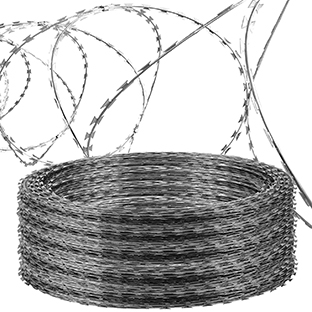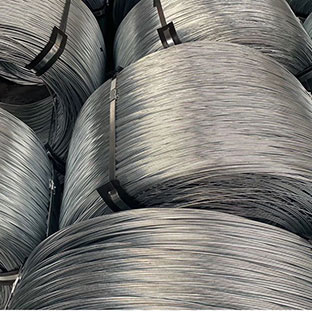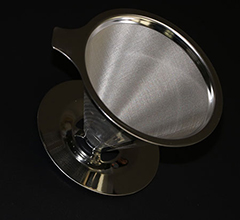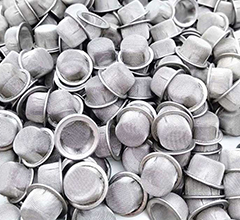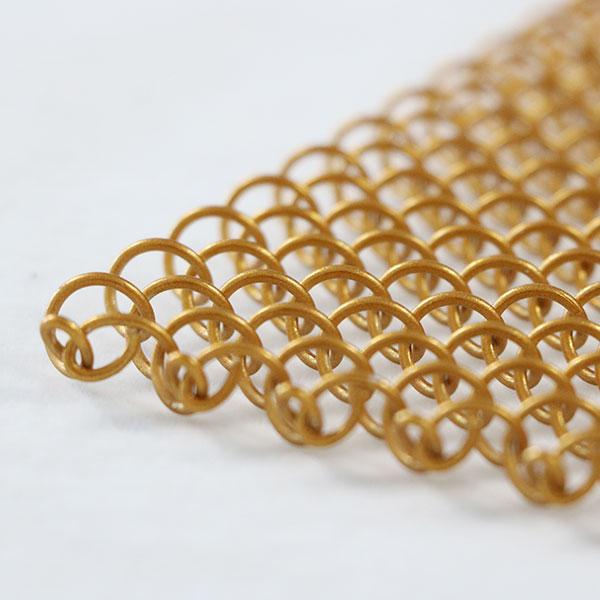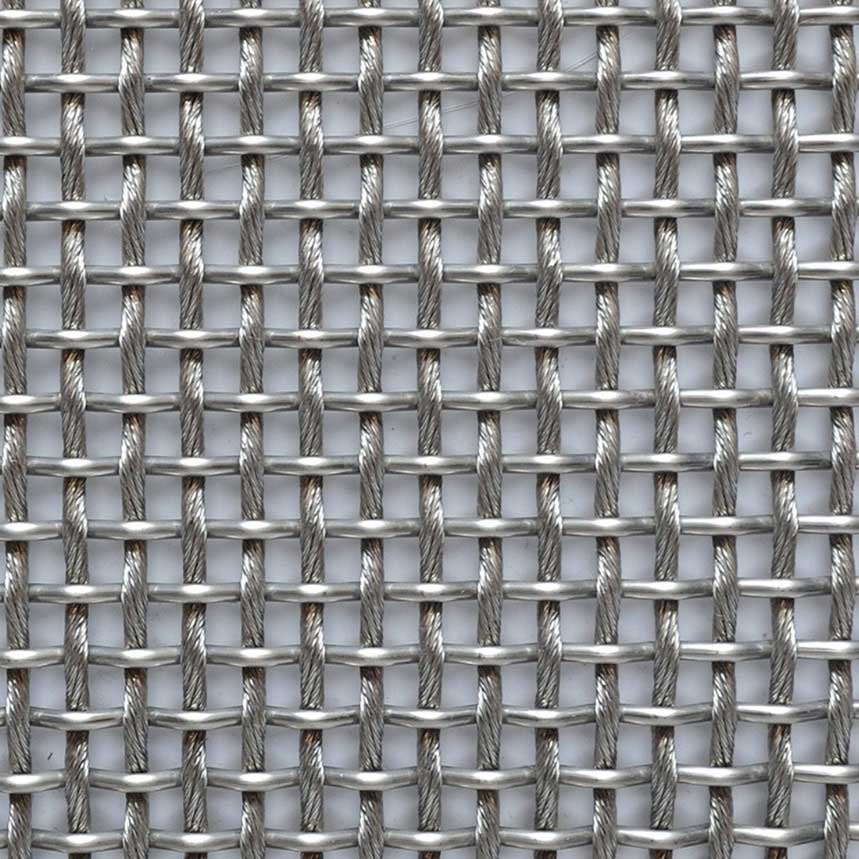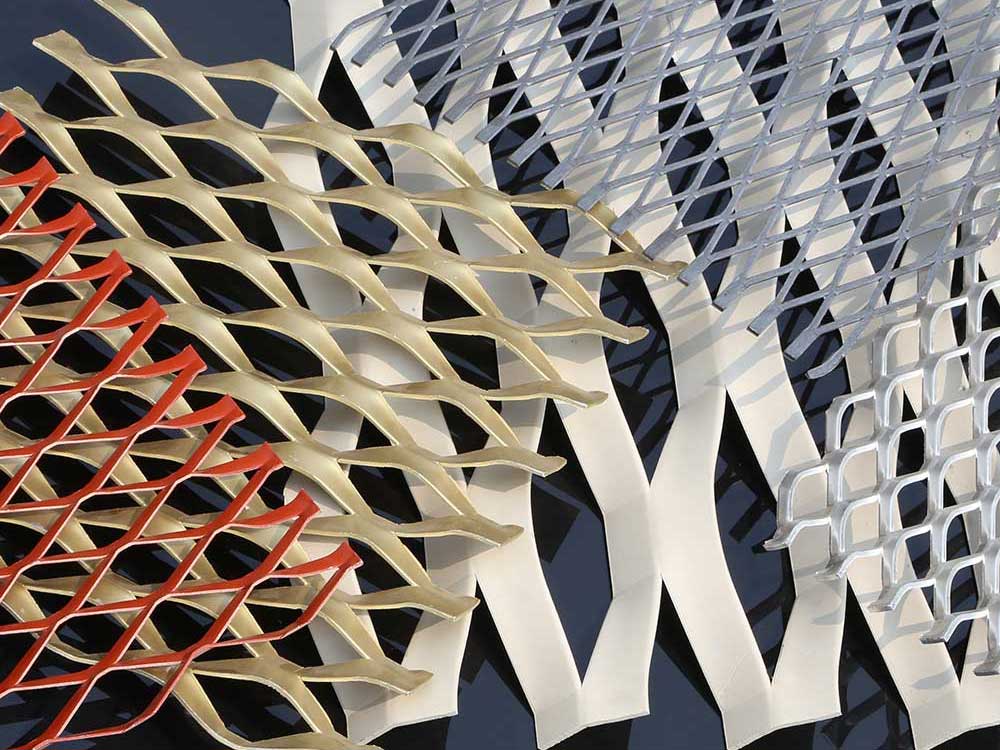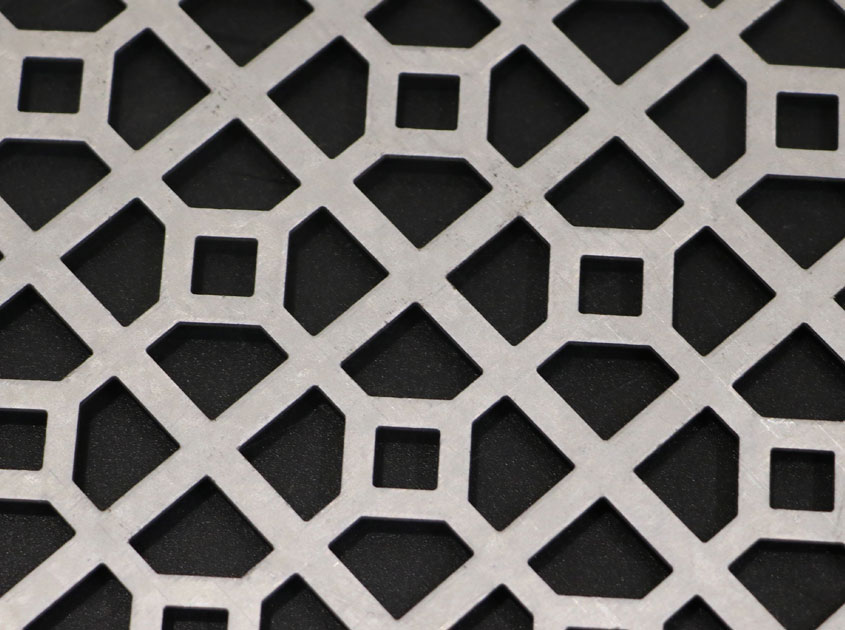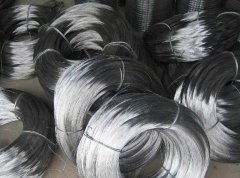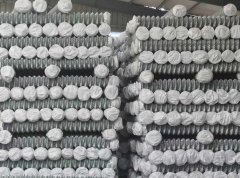Galvanized wire mesh, known for its durability and corrosion resistance, finds extensive applications across various industries. One notable application is its use in filtration and sieving processes. In this article, we will explore the capabilities and advantages of galvanized wire mesh for filtration and sieving applications, highlighting its versatility and effectiveness in these critical processes.
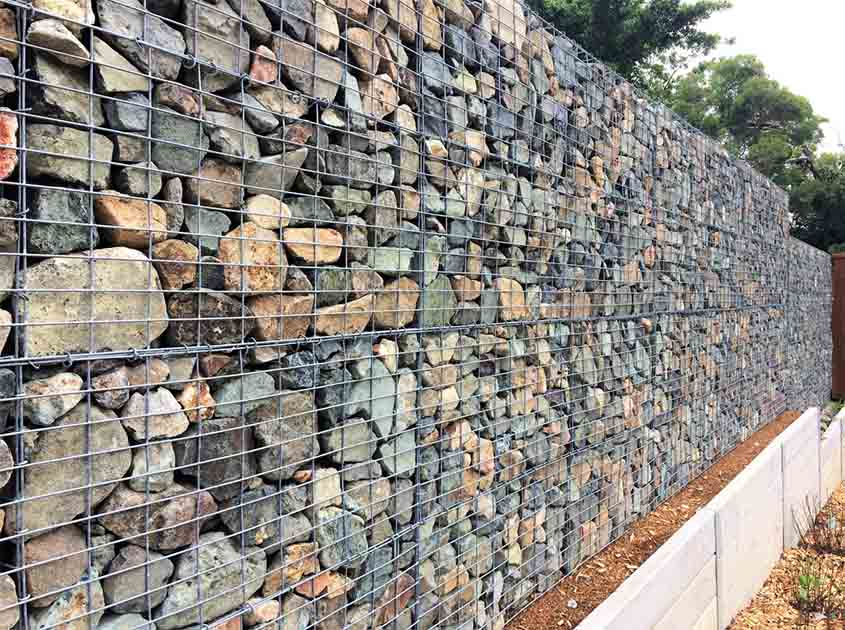
Robust and Reliable Filtration:
Galvanized wire mesh is well-suited for filtration applications due to its sturdy construction and uniform mesh openings. The mesh's high tensile strength allows it to withstand pressure differentials while effectively retaining particles of desired sizes. Whether used for liquid or solid filtration, galvanized wire mesh offers reliable and consistent performance, ensuring efficient separation of materials.
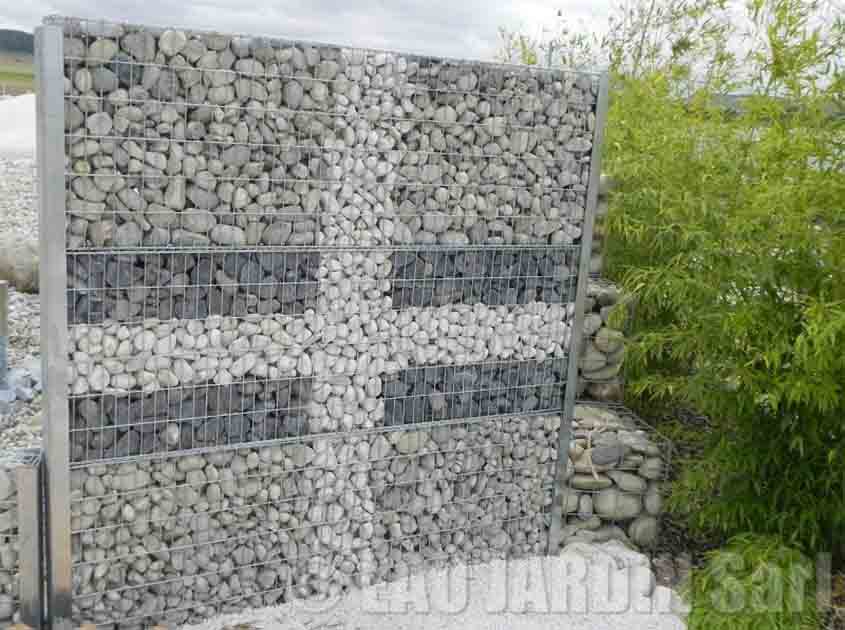
Range of Mesh Sizes:
Galvanized wire mesh is available in a wide range of mesh sizes, allowing for precise filtration and sieving. The mesh openings can be tailored to meet specific requirements, enabling the retention or passage of particles based on their size or shape. From coarse filtration to fine sieving, galvanized wire mesh offers flexibility to accommodate perse filtration needs.
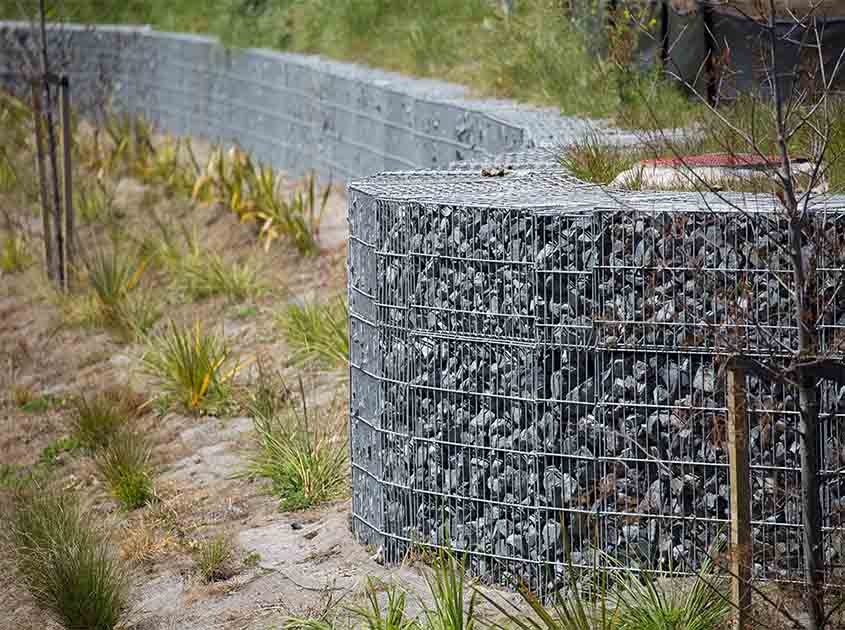
Corrosion Resistance:
Galvanized wire mesh's corrosion-resistant properties make it an excellent choice for filtration and sieving applications, particularly in environments with high humidity or exposure to liquids. The galvanization process involves coating the mesh with a layer of zinc, providing a protective barrier against corrosion and extending its service life. This corrosion resistance ensures the mesh maintains its filtration efficiency even in challenging and corrosive environments.


.jpg)




.png)






































